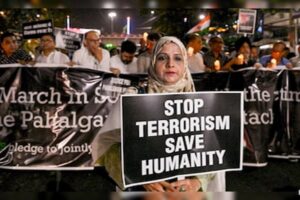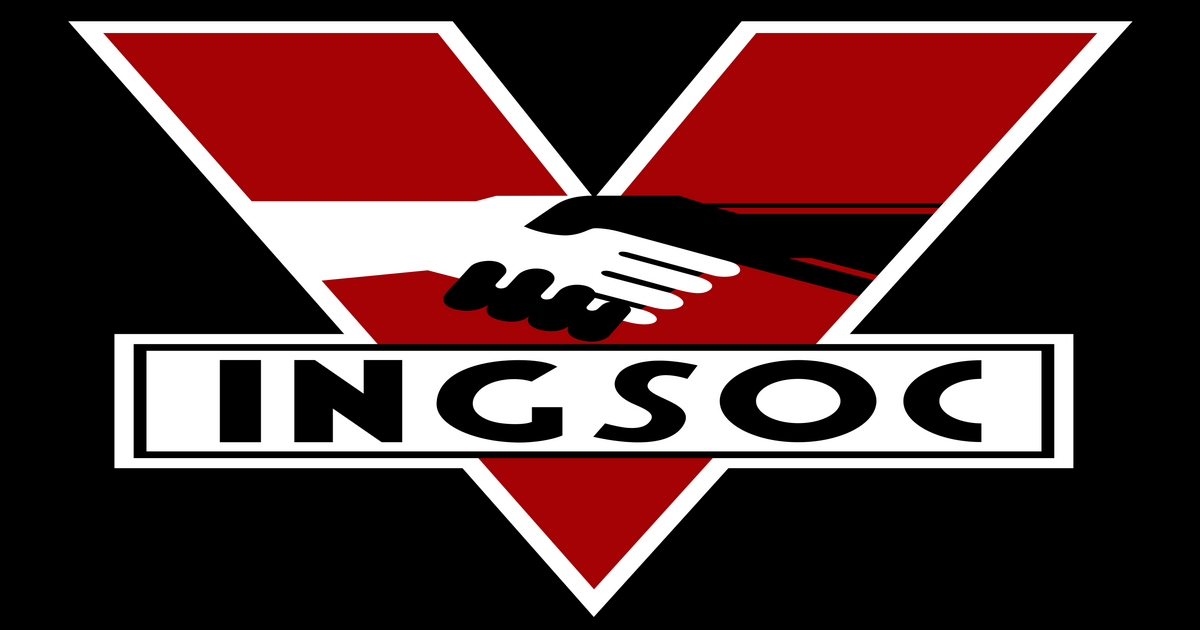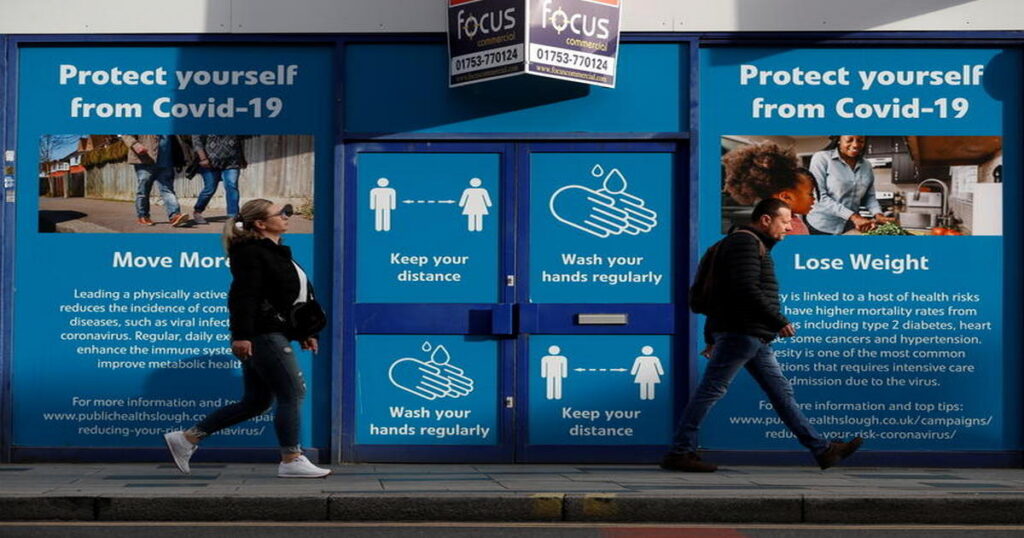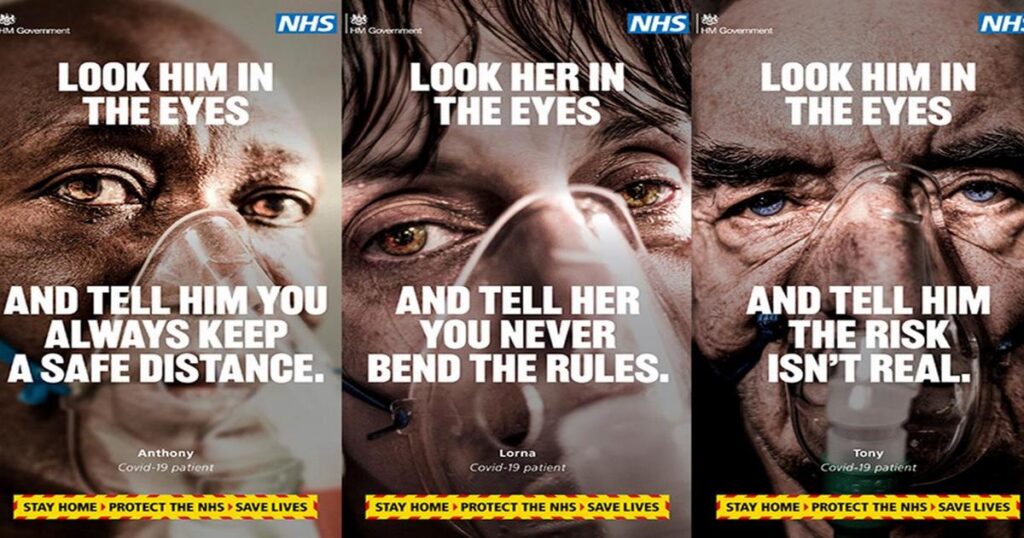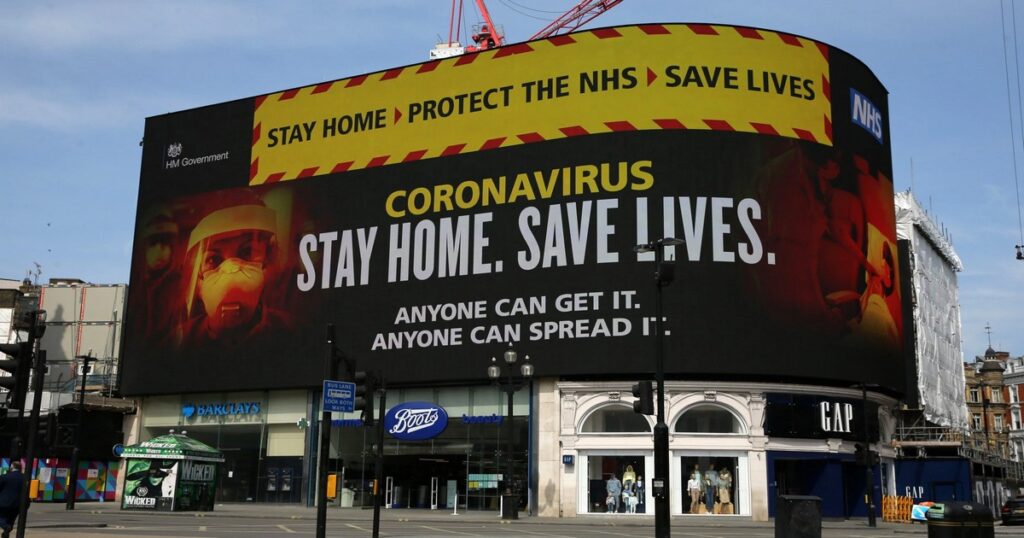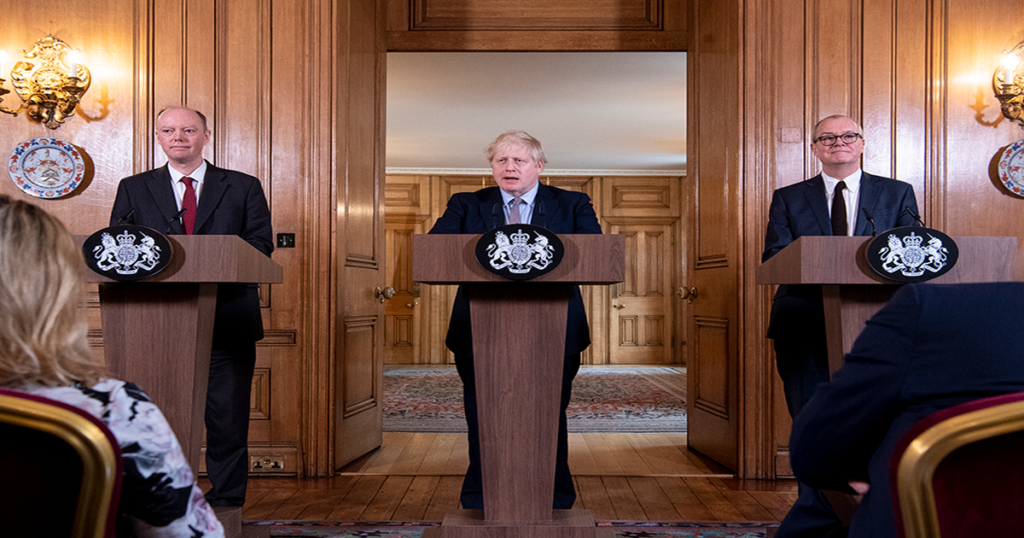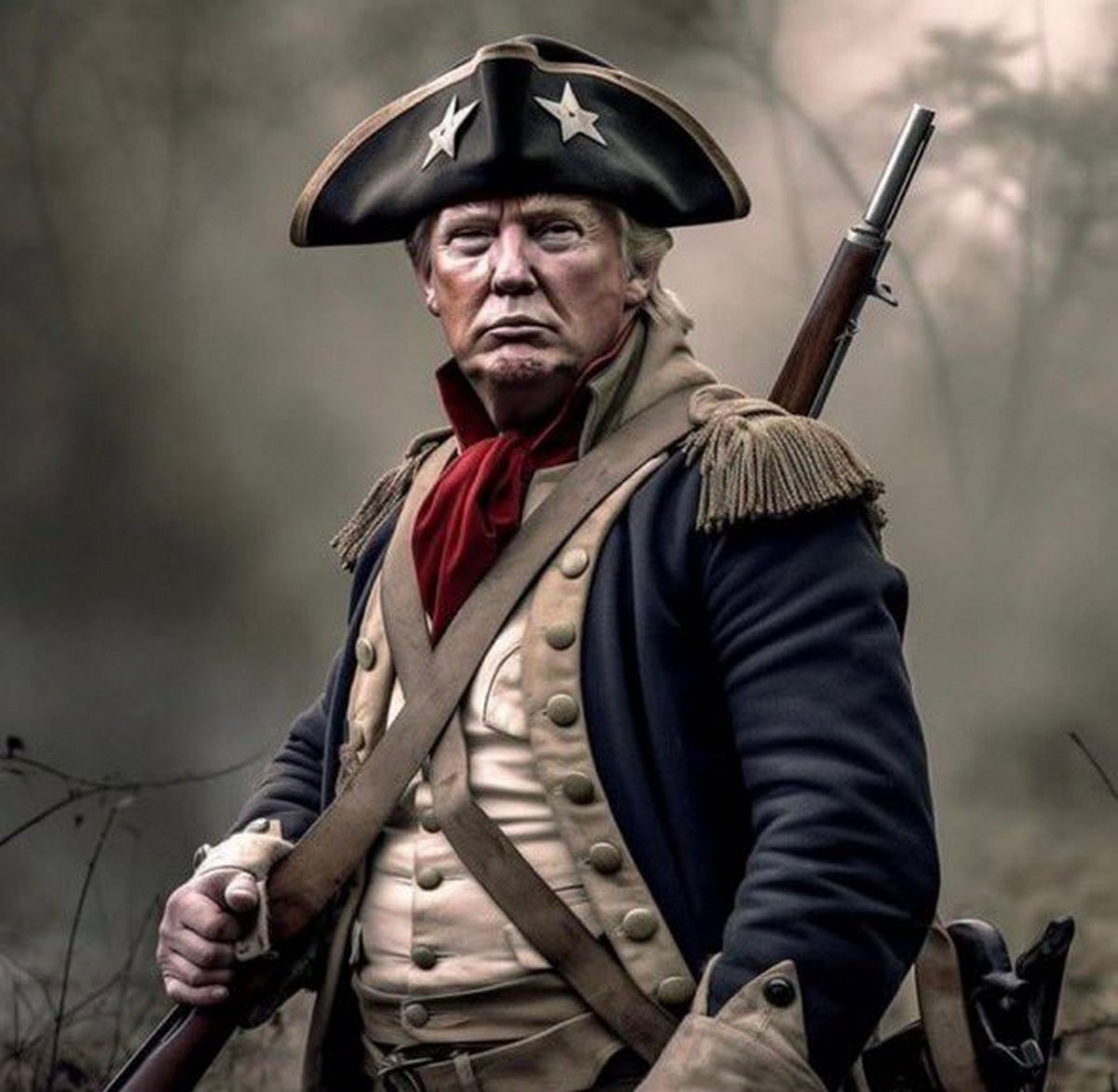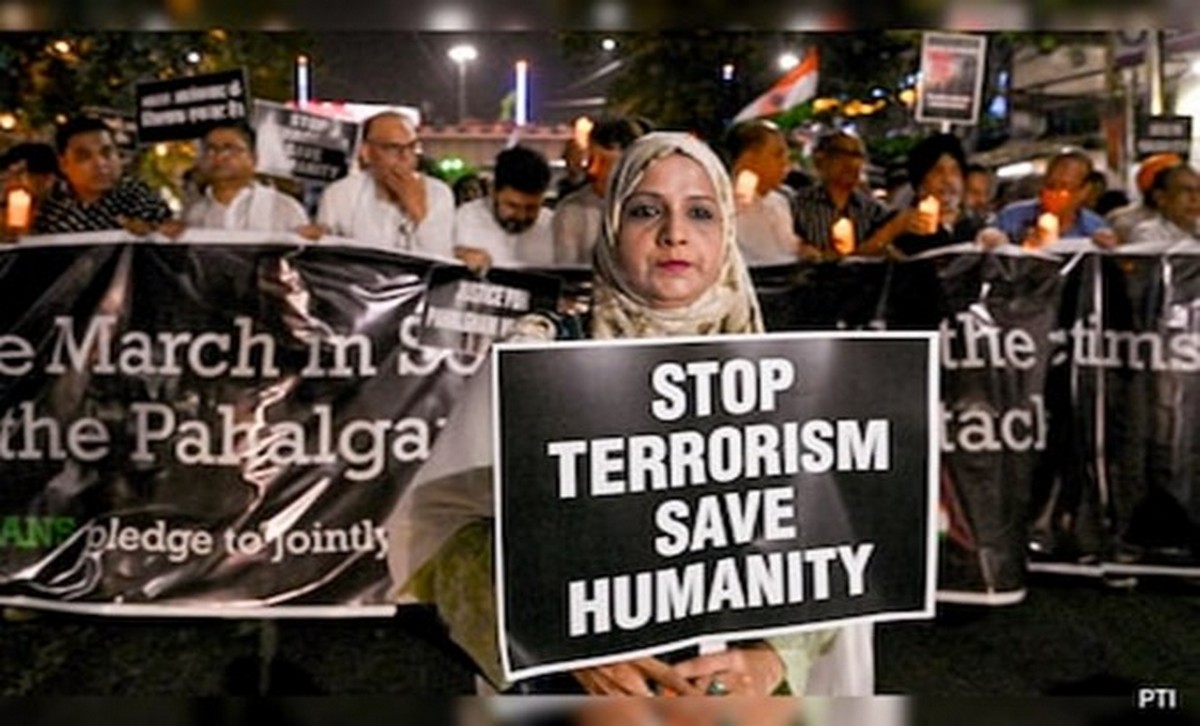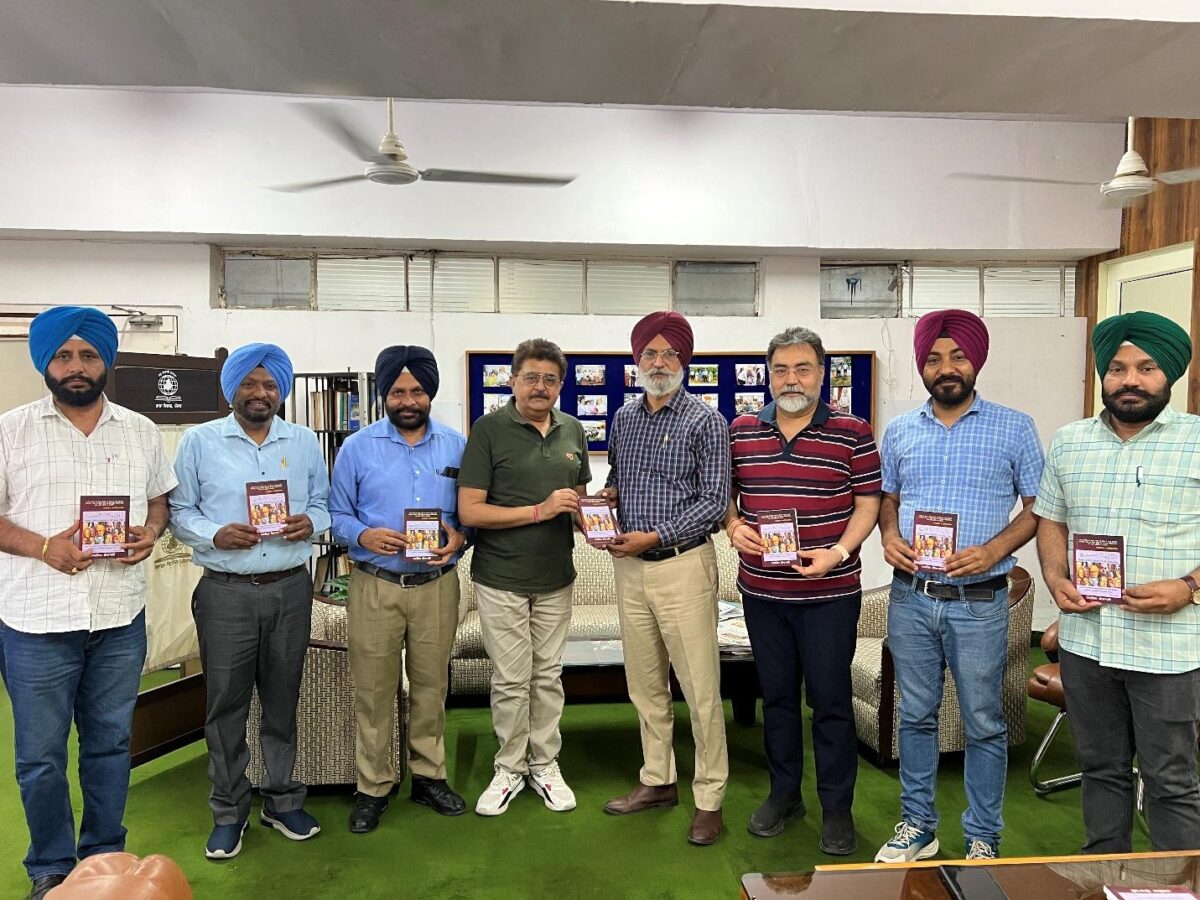The government has long used the media as a tool for propaganda, disseminating information that is meant to shape public opinion and promote a particular agenda. This can take many forms, ranging from traditional news outlets and public service announcements to social media and targeted advertising.
One common method of propaganda is through the use of government-controlled media outlets, such as state-run television and radio stations. In countries with authoritarian regimes, these outlets may be the only source of information available to the public, and they are often used to promote the government’s views and policies. In more democratic countries, government-controlled media may still be used to shape public opinion, but it is more likely to be balanced out by a variety of independent sources of information.
Another way the government can use the media for propaganda is through the manipulation of the news. This can take many forms, such as selective reporting, censorship of certain stories, or the use of propaganda in news stories themselves. Governments may also use their power and influence to shape the way that news is covered, either by directly controlling the content of stories or by putting pressure on media organizations to present information in a certain way.
The use of social media has also given governments new ways to spread propaganda. By creating and controlling accounts on platforms like Facebook and Twitter, governments can reach large audiences with carefully crafted messages and disinformation. This can be especially effective in countries where there are few independent sources of information and social media is a primary source of news.
In addition to traditional media, governments may also use advertising as a means of propaganda. This can include traditional forms of advertising, such as television commercials and billboards, as well as targeted online advertising. Governments may use these channels to promote particular policies or agendas, or to shape public opinion on controversial issues.
The use of propaganda by governments can have significant consequences for individuals and society as a whole we all remember these messages (“Stay Home, Protect the NHS, Save Live”) or maybe (“Stay Alert, Control The Virus, Save Live”) and the best of all (“Hands, Face, Space”) none of which would help to stop the spread of the virus. When the media is used to manipulate and deceive the public, it can undermine trust in democracy and create a sense of cynicism and disillusionment among citizens. It can also create divisions within society by promoting certain views or agendas while suppressing others.
In some cases, propaganda can be used to justify harmful or unethical actions by the government. For example, it may be used to drum up support for wars or military interventions (See: The Evils of Tony Blair and weapons of mass destruction (Gulf War)), or to downplay the negative consequences of certain policies. It can also be used to demonize certain groups or individuals, creating a climate of fear and mistrust.
Despite the potential negative impacts of propaganda, it is important to recognize that not all government use of the media is necessarily nefarious. In some cases, governments may use the media to promote important public health messages or to provide information about important issues and policies. However, it is important for individuals to be aware of the potential for propaganda and to critically evaluate the information they encounter in the media.
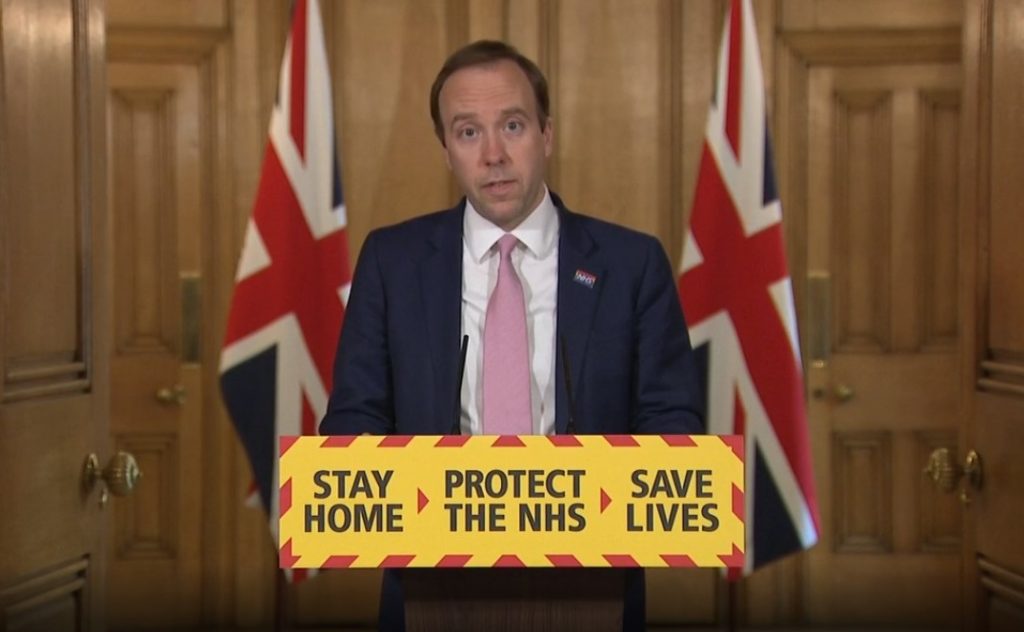
Despite the potential negative impacts of propaganda, it is important to recognize that not all government use of the media is necessarily nefarious. In some cases, governments may use the media to promote important public health messages or to provide information about important issues and policies. However, it is important for individuals to be aware of the potential for propaganda and to critically evaluate the information they encounter in the media and from some people.
One way to do this is by seeking out a diversity of sources of information and being mindful of the potential biases of different outlets. It is also important to be aware of the techniques that may be used to spread propaganda, such as selective reporting, censorship, and the manipulation of news stories. By being informed and vigilant, individuals can better protect themselves from propaganda and make more informed decisions about the issues that affect their lives.
In addition to being aware of the potential for propaganda in the media, it is also important for individuals to be proactive in fighting against its spread. One way to do this is by supporting independent media outlets and organizations that strive to provide accurate and unbiased information. By supporting these outlets financially or through social media, individuals can help to ensure that there are diverse sources of information available to the public.
Another way to combat propaganda is by speaking out against it when it is encountered. This can be as simple as sharing alternative viewpoints or fact-checking misleading information on social media, or it may involve more formal efforts such as writing letters to the editor or contacting government representatives.
Another way to combat propaganda is by speaking out against it when it is encountered. This can be as simple as sharing alternative viewpoints or fact-checking misleading information on social media, or it may involve more formal efforts such as writing letters to the editor or contacting government representatives.

It is also important for individuals to be proactive in seeking out accurate and reliable information. This may involve going beyond the mainstream media and looking for sources that provide a more in-depth or nuanced perspective on issues. It may also involve being willing to challenge one’s own beliefs and assumptions and being open to new ideas and viewpoints.
Governments around the world have used propaganda to communicate information about the COVID-19 pandemic and to promote public health measures such as wearing masks and physical distancing. In the context of the COVID-19 pandemic, governments have used propaganda to raise awareness about the virus and to encourage people to follow public health guidelines. This can include using slogans, symbols, and other types of messaging to promote social distancing, mask-wearing, and other measures that are intended to slow the spread of the virus. Governments may also use propaganda to promote their own policies or actions related to the pandemic, or to criticize the actions of other governments or organizations.
There have been instances where propaganda has been misused in relation to the COVID-19 pandemic. For example, UK government & organizations used propaganda to promote false or misleading information about the virus, vaccines, and benefits of social distancing and masks wearing on public health completely ignoring the adverse effects of lockdown on children’s wellbeing and mental health. This included spreading theories or myths about the virus and vaccines and their effectiveness in stopping or reducing the virus spread, or downplaying the severity of side effects from the vaccines.
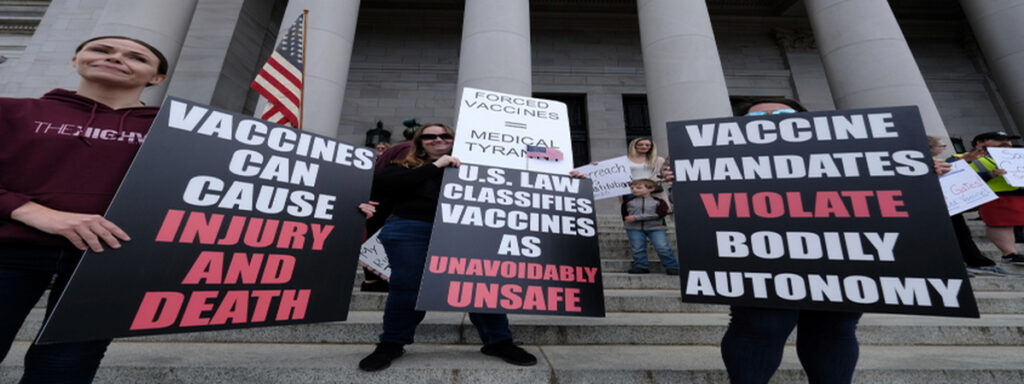
The use of propaganda to promote false or misleading information can have profound consequences, as it can lead people to make poor decisions about their health and safety. It can also create confusion and mistrust, which can make it more difficult for governments and public health organizations to effectively respond to the pandemic and the public to make informed choices about their health, instead of being mandated to take a vaccine no matter the benefits or lack of benefits for the individual .
It’s important to be critical of the information that you receive, and to seek out multiple sources of information to get a balanced perspective. This can help you to avoid falling victim to propaganda that is designed to mislead or manipulate of ever make you unwell or even kill you.
It’s also important to note that propaganda can be used for both good and bad purposes. While it can be an effective tool for promoting public health and raising awareness about important issues, it can also be used to manipulate people’s opinions or to advance a particular agenda. It is important to be critical of the information that you receive, and to seek out multiple sources of information to get a balanced perspective.
Overall, the government’s use of the media for propaganda is a means of attempting to control the narrative and shape public opinion. While it is often done to promote the government’s views and policies, it can also be used to manipulate and deceive the public. It is important for individuals to be aware of the potential for propaganda in the media and to seek out a variety of sources of information to get a balanced view of events and issues.











